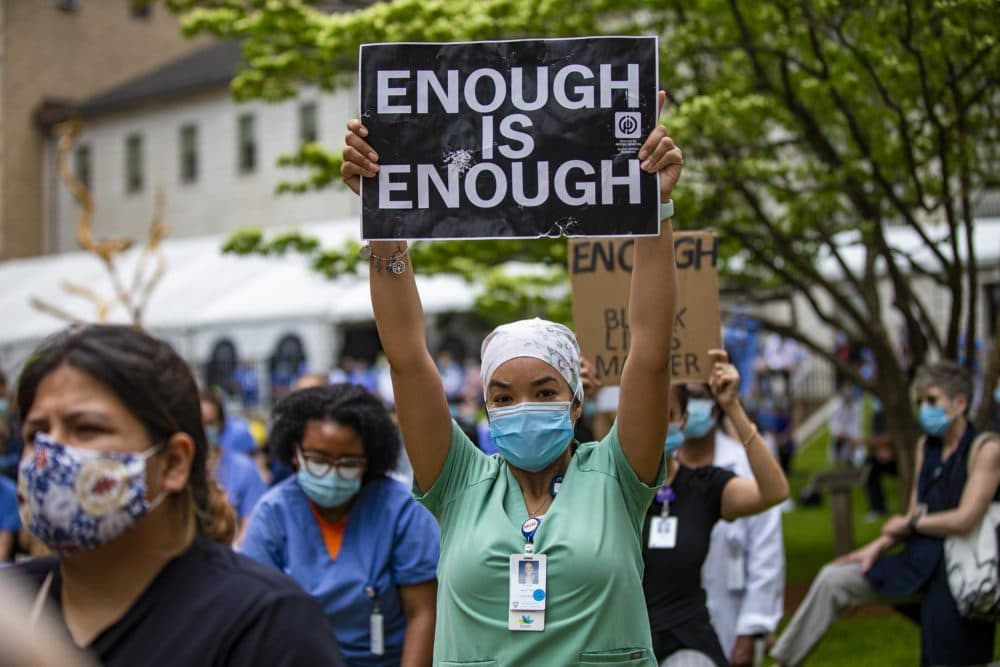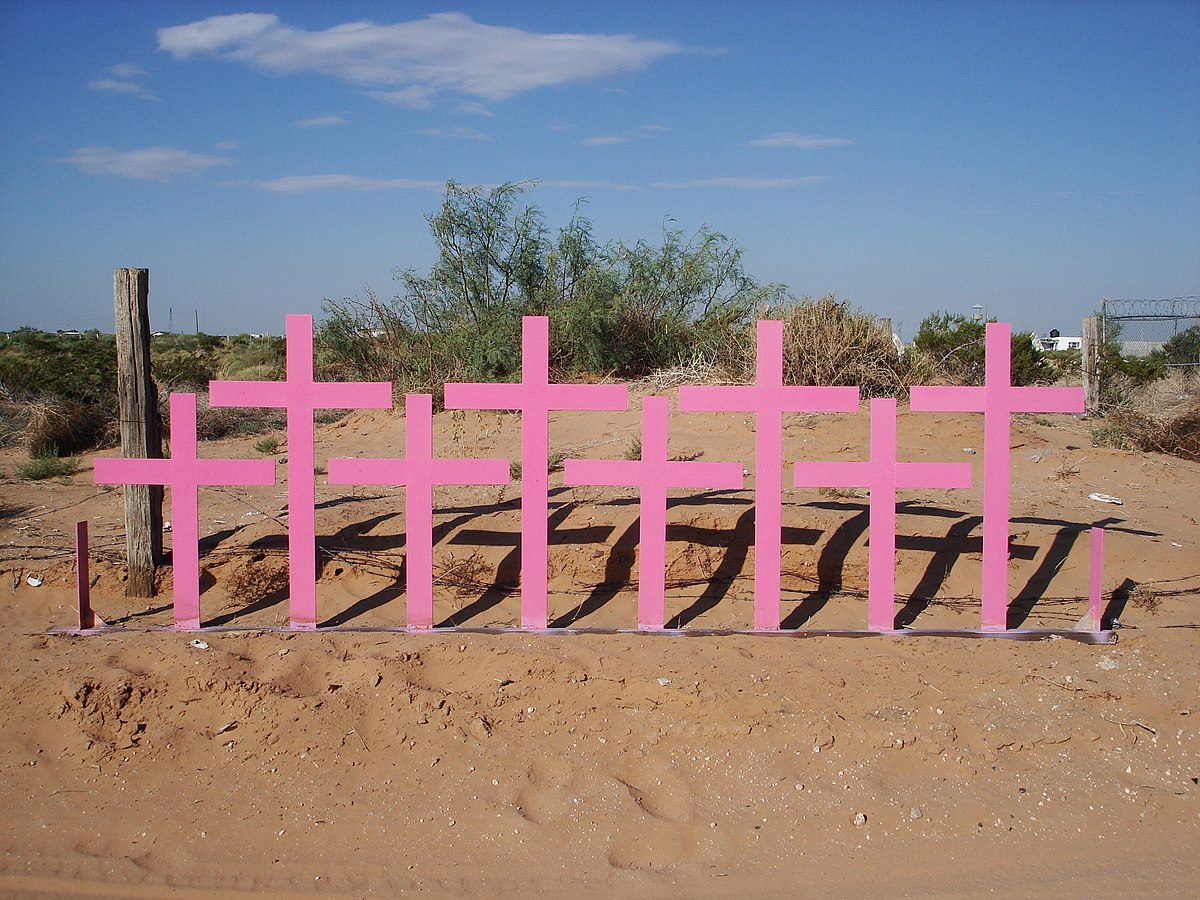The coup attempt in Washington, DC, two weeks ago has the nation and world on edge. Occurring so close to the inauguration of President Joe Biden and Vice-President Kamala Harris was both unexpected and shocking. At this writing, an estimated 25,000 troops are stationed in the nation’s capital to ensure a peaceful transition of power from one administration to the next. By all accounts, that is greater than the number of troops currently stationed in Afghanistan and Iraq combined. The turmoil this country finds itself embroiled in did not emerge from a vacuum. It is the culmination of historical events, inequities, and warning signs that were ignored for decades. With this in mind, have you stopped to think how what we are seeing on the nightly news pertains to you specifically? Unless you were part of the group storming the Capital and are on the run from the FBI, you might imagine that those events have little to do with your daily life. Nothing could be further from the truth. Let’s take a moment to consider why this is the case and how sociology, the scientific study of social relationships, social institutions, and societies, can better help you understand the events and navigate your world.

By virtue of the fact that you live in any country on Earth, you are a part of a society, a large group of people associated with shared culture and institutions. The people in your world affect you in innumerable ways. These people could be individuals you are in close proximity with, like family members, but they also could be individuals you never met who wield a great deal of power, the ability to exert control over others and achieve goals with or without the support of society. In the United States, the President and members of Congress are examples of people who wield power over your life regardless of whether you ever meet them. Other people, both near and far from your daily life, shape and mold your culture, the socially learned and shared ideas, behaviors, and material components of a society, and your interpretation of events in the world like those in Washington, D.C.
Culture is not the only aspect of society that influences you. Social institutions, structures in society providing the framework for governing the behavior of individuals in a community or society, also play an important role. Social institutions help maintain order in society. Examples of social intuitions include the family, religion, education, economic institutions, and governmental bodies on the local, state, and national levels. While we tend to assume that institutions affect everyone in the same way, nothing could be further from the truth.

How social institutions impact people can vary depending on their social class, gender, race, sex, and religion, just to name a few. For example, one could argue that the Muslim travel ban affected very few of the rioters in Washington even though it was an action initiated by the Executive branch of government. On the other hand, the effort by the Transportation Safety Administration (TSA) to get the Capital rioters put on the no-fly list is an example of institutions wielding power against individuals who have violated laws, formal and legal rules enforced by the state. Neither one of these instances may impact you personally, but both of them illustrate how social intuitions can affect people differently.
As we watch news events unfold in Washington, we can lean on sociology to help us understand not only what is going on but, more importantly, why it is happening. Sociology is an effective tool to help you understand yourself and to see yourself in the context of the larger world.
Thompson is a co-owner of UITAC Publishing. UITAC’s mission is to provide high-quality, affordable, and socially responsible online course materials.
Images used in this blog:
- “Crowd of Protesters Holding Signs and Kneeling” by Life Matters is licensed by Unsplash. This image has not been altered.
- “Las Vegas Terminal” by Jon Champaigne is licensed by Unsplash. This image has not been altered.




